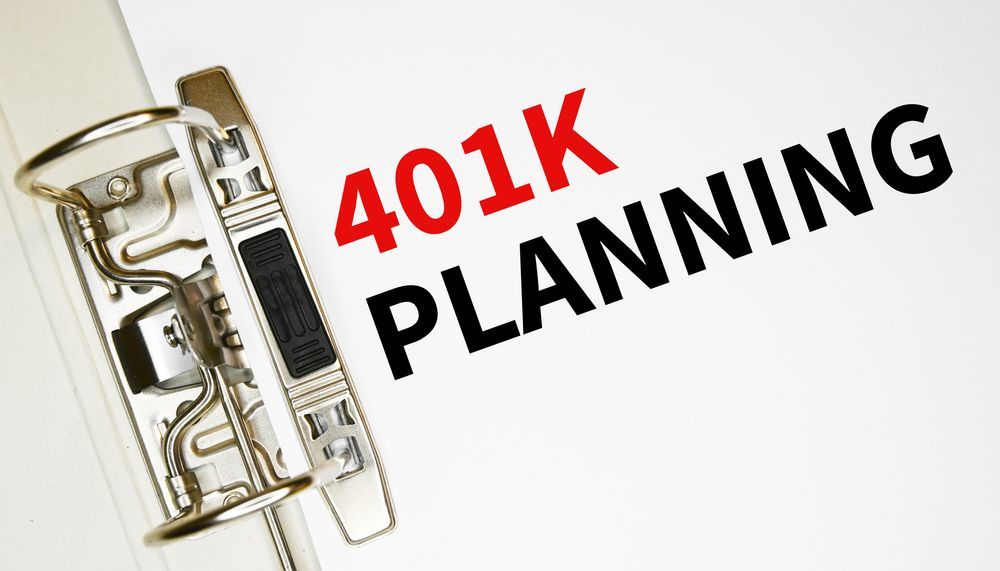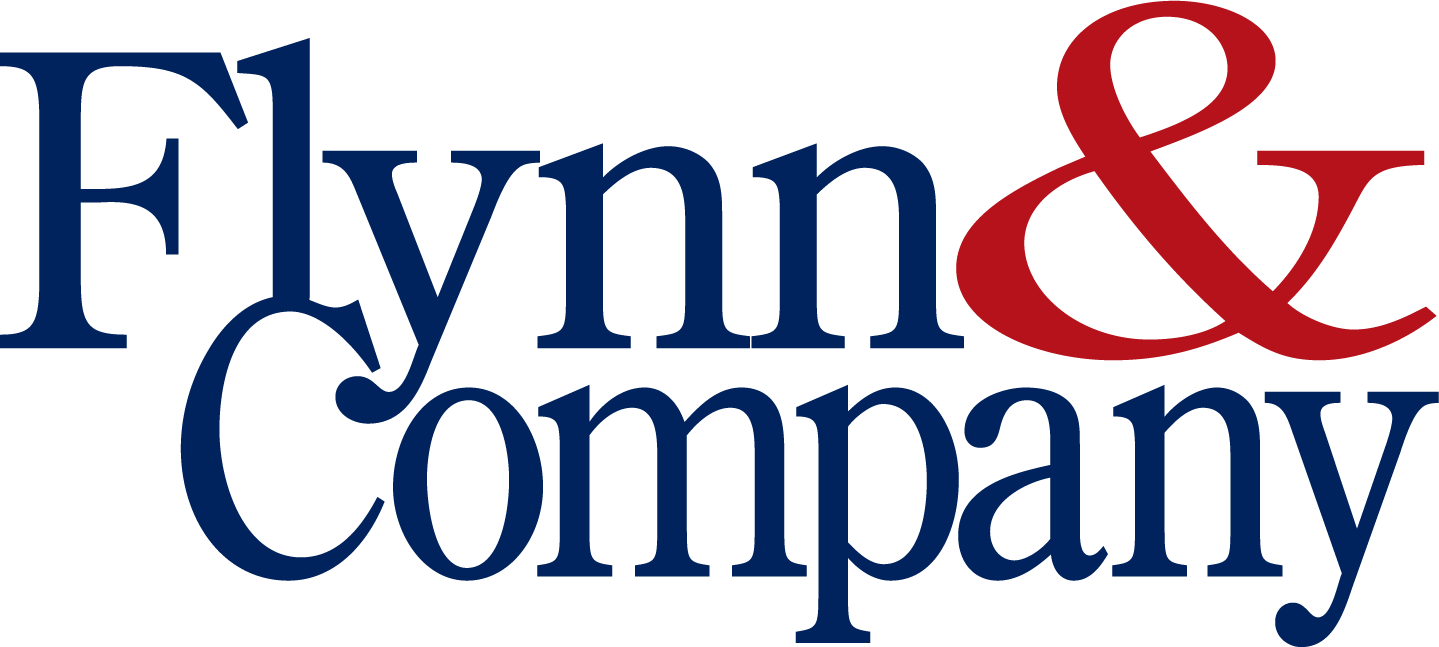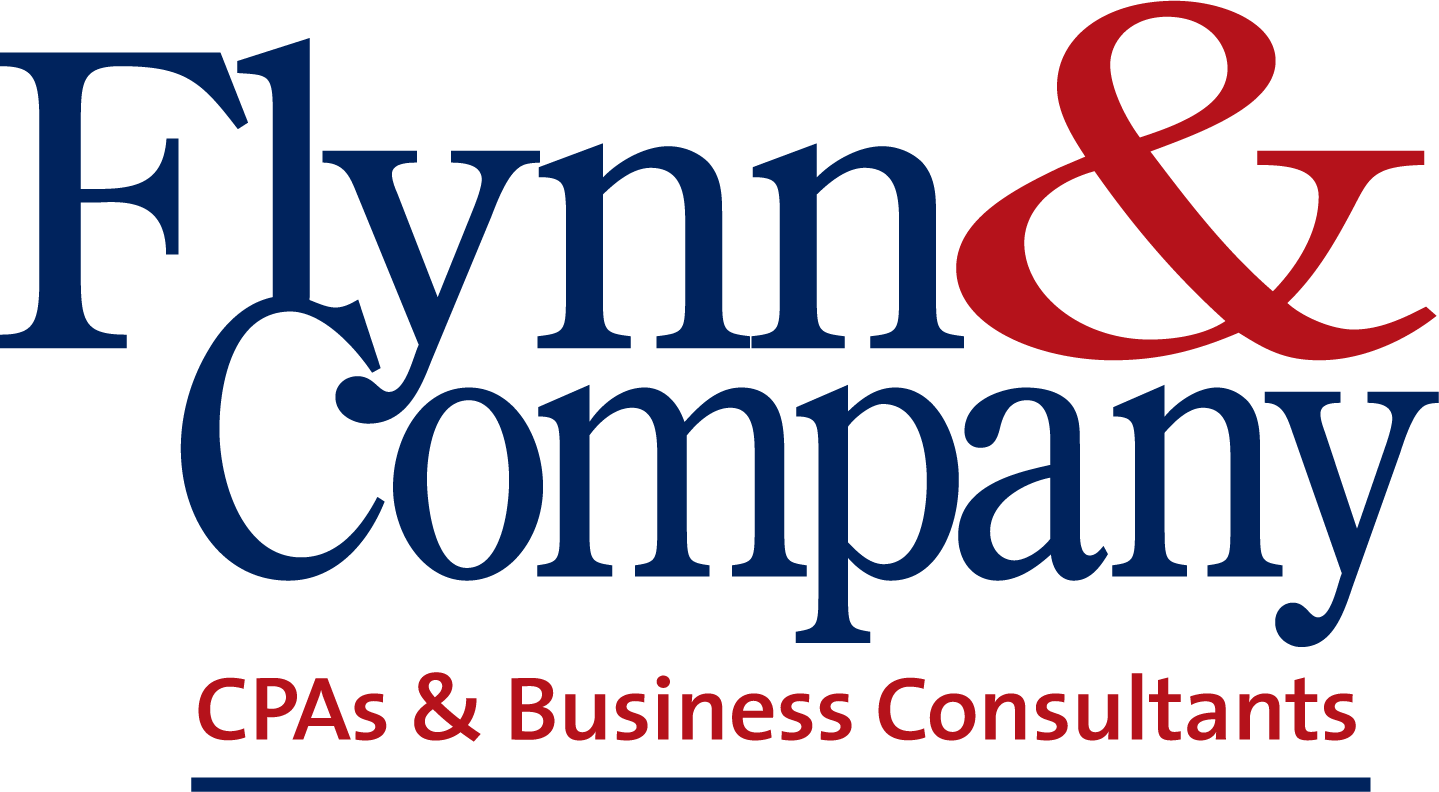401k Plan Audit Requirements: Complete Guide to Stay Compliant
Facing your company’s first 401(k) plan audit can feel overwhelming, especially when you're unsure what triggers it or how much preparation it really takes. For plan sponsors, staying on top of audit requirements plays a key role in maintaining transparency, upholding fiduciary responsibilities, and reinforcing employee confidence in the company’s retirement plan.
The audit process is detailed and time-sensitive, particularly the first time through. But starting from a place of preparation, not panic, makes a world of difference. With the right preparation, a 401(k) audit becomes a strategic tool, not just a regulatory requirement.
What is a 401k Plan Audit?
A 401(k) plan audit is an independent examination of a company’s retirement plan to evaluate its financial reporting and overall compliance with IRS and Department of Labor (DOL) regulations. Typically performed by a qualified CPA firm, the audit reviews plan operations, internal controls, and documentation to verify that contributions, distributions, and participant data are accurate and properly managed.
A 401(k) plan also assesses whether the plan adheres to its own governing documents and ERISA requirements. The goal is to protect plan participants and ensure fiduciary responsibilities are being met. For growing companies, the first audit can be complex, but it’s an important step in maintaining a compliant, well-managed retirement plan.
Do You Need a 401(k) Plan Audit?
Not every company is required to undergo a 401(k) plan audit, but the obligation can arise quickly as your workforce grows. The primary factor that determines audit eligibility is the number of eligible participants in the plan at the beginning of the plan year, not the number actively contributing. Eligible participants include current employees, former employees with balances, and any employee eligible to participate, even if they’ve never contributed.
If your company is approaching the 100-participant threshold, it’s important to be proactive. Misunderstandings about who qualifies as a participant can lead to surprise filings and penalties. Consulting a qualified advisor early can help avoid missteps and keep your plan in compliance.

When Is a 401(k) Audit Required?
A 401(k) audit is generally required when a company’s plan qualifies as a “large plan” under Department of Labor (DOL) guidelines. This classification hinges on the number of eligible participants at the beginning of the plan year.
Specifically, reaching 100 or more eligible participants triggers the audit requirement. Importantly, this count includes not only employees who are actively contributing but also those who are eligible to participate, regardless of whether they choose to, and former employees with account balances remaining in the plan.
The audit is part of the annual Form 5500 filing process. Large plans must attach an Independent Qualified Public Accountant’s (IQPA) report to their Form 5500 submission. The audit helps verify that the plan’s financial statements are accurate and that they comply with ERISA requirements.
However, one key exception is the 80-120 participant rule. If your plan had between 80 and 120 eligible participants on the first day of the plan year and was classified as a small plan filer the previous year, you may continue filing as a small plan and avoid an audit for that year only. Once the number of eligible participants exceeds 120, the audit requirement becomes mandatory.
What’s Included in a 401(k) Plan Audit?
A comprehensive 401(k) plan audit conducted by an independent CPA firm generally includes the following key elements:
Plan Financial Statements
Auditors review and verify the accuracy of the plan’s financial statements, including assets, liabilities, income, and expenses. This ensures that financial reporting is complete and consistent with ERISA and GAAP standards.
Internal Control Evaluation
The audit assesses the design and effectiveness of the plan’s internal controls over financial reporting and operational processes. This may include how payroll deferrals are tracked, how contributions are processed, and how participant data is maintained.
Participant Data Testing
Auditors review participant records to confirm eligibility, enrollment, deferral elections, account balances, and distributions. This ensures that the plan is operating according to its terms and in compliance with regulatory requirements.
Contribution and Distribution Testing
The audit includes detailed testing of employer and employee contributions, loan repayments, and distributions to verify that they are timely, accurate, and within IRS and plan limits.
Compliance With Plan Document and ERISA Requirements
Auditors examine whether the plan is being operated in accordance with its governing documents and applicable ERISA regulations. This includes proper plan administration, nondiscrimination testing, and adherence to vesting schedules.
Timeliness of Contributions
A review is performed to determine whether employee deferrals are deposited into the plan trust promptly, generally as soon as they can reasonably be segregated from the employer’s general assets.
Form 5500 Review
The auditor may review the Form 5500 filing for accuracy and consistency with the financial records and disclosures. The audited financial statements must be attached to the Form 5500 for large plans.
Plan Loan and Hardship Distribution Review
Auditors may test participant loans and hardship withdrawals to ensure they comply with IRS regulations and plan terms, including limits, repayment schedules, and documentation.
Corrective Actions and Prior Audit Follow-Up
If prior audits or internal reviews identified issues, the current audit will assess whether corrective measures have been implemented and whether the plan remains in compliance.
Common 401(k) Compliance Issues to Avoid
Several common compliance issues can disrupt the integrity of a 401(k) plan and increase the risk of audit findings or regulatory penalties. Late or inconsistent remittance of employee contributions is one of the most frequent errors, as the Department of Labor requires timely deposits once funds can be reasonably segregated from company assets. Improper eligibility tracking, such as allowing ineligible employees to participate or excluding eligible ones, can also result in costly corrections.
Other issues include failing nondiscrimination testing, excessive plan fees, and incorrect calculation of employer matching contributions. Loan and hardship distribution errors, especially those lacking documentation or violating plan terms, are also common. Regular plan reviews, strong internal controls, and proper employee education can help identify and prevent these problems before they escalate.
What Are the Risks of Noncompliance?
Failing to comply with 401(k) plan requirements can expose plan sponsors to serious consequences, both financial and reputational. One of the most immediate risks is the imposition of penalties and fines from the Department of Labor (DOL) or Internal Revenue Service (IRS), which can quickly escalate depending on the severity and duration of the violation. Late filings, such as an incomplete or missing Form 5500, may result in daily penalties until corrected.
Noncompliance can also lead to corrective contributions, participant reimbursements, or even plan disqualification, which means the plan would lose its tax-advantaged status. Beyond regulatory action, plan sponsors may face employee complaints, audits, or lawsuits, particularly if fiduciary duties are breached or participants' savings are affected.
How to Prepare for a 401(k) Plan Audit
Thorough preparation helps reduce delays and keeps the audit process on track. Here are key steps plan sponsors can take:
- Review Internal Processes
Assess how contributions, loans, and distributions are handled. Confirm that procedures align with the plan’s terms and applicable regulations. - Reconcile Payroll and Plan Records
Ensure that employee deferrals and employer contributions in payroll match the amounts posted to participant accounts. Inconsistencies often trigger audit questions. - Coordinate with Third-Party Providers
Engage early with your recordkeeper, third-party administrator (TPA), and investment custodian. Make sure they’re prepared to supply the reports and records the auditor will need. - Address Prior Audit Findings
If past audits revealed deficiencies, be ready to explain the corrective actions taken. Auditors will want to see that issues were resolved effectively.
Partner with Flynn & Company for 401(k) Audit Expertise
Navigating the complexities of a 401(k) plan audit takes technical know-how and a team that understands the stakes and the standards. Flynn & Company brings decades of experience providing audit and assurance services tailored to the unique needs of growing businesses. Our CPAs work closely with plan sponsors to identify risks, streamline documentation, and improve internal processes, all while maintaining a clear focus on ERISA compliance and fiduciary best practices.
Ready to take the next step toward a compliant and efficient 401(k) audit process? Contact Flynn & Company today to speak with a CPA who understands your business and is prepared to support your plan with precision and professionalism.





